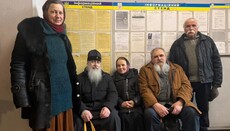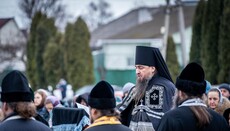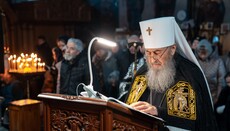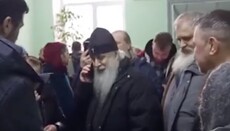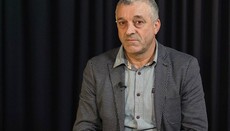Yelensky urges to change state–church relations
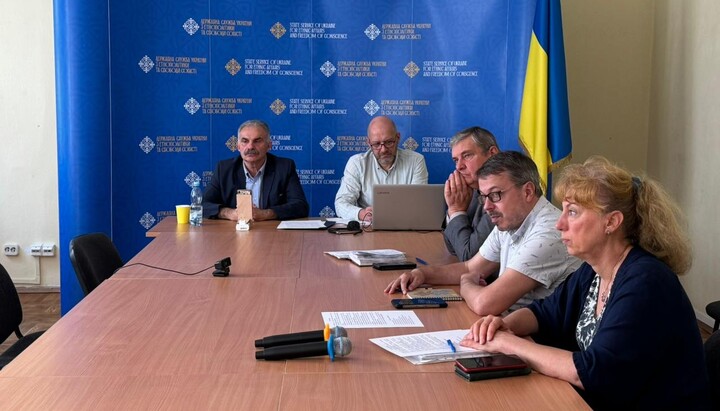
At the DESS meeting, officials called to “deepen cooperation between the state and the Church.”
On September 10, 2025, Viktor Yelensky, head of the State Service for Ethnopolitics and Freedom of Conscience (DESS), convened a meeting to discuss relations between the state and religious organizations. Participants included members of the AUCCRO, Members of Parliament, DESS officials, and representatives of other government agencies.
Yelensky recalled that in October 2024, President Zelensky, while presenting the Resilience Plan in the Verkhovna Rada, “outlined a new paradigm for relations between the state and the Church.” Now Yelensky has decided to implement that paradigm.
According to him, the Law “On Freedom of Conscience and Religious Organizations” was adopted 34 years ago and has lost its relevance. “Over the past decades, the Ukrainian state has traveled a long road of development, and religious organizations have become an important factor in the social, civic, cultural, and spiritual life of the country,” the official stated.
Yelensky called for a “partnership model between the state and the Church,” though he did not specify what that model should look like. He believes the authorities must declare a final transition to a model of state–church partnership while maintaining the secular nature of the state, non-interference in the internal life of the Church, and the inadmissibility of instrumentalizing or abusing religion to the detriment of Ukrainian society.
He argued that amendments must be made to the Law “On Freedom of Conscience and Religious Organizations” in order to ensure the “deepening of state–church interaction” in social, humanitarian, educational, and cultural spheres.
What prevents such “deepened interaction” under current legislation, Yelensky did not explain.
Earlier, the UOJ reported that Yelensky and his associates had called Bandera, Shukhevych, and Petliura enemies of the Ukrainian people.






